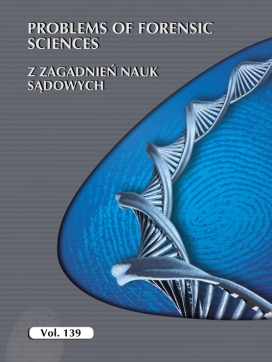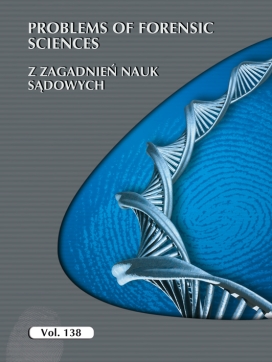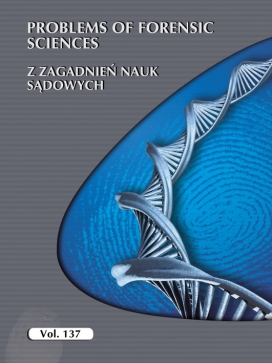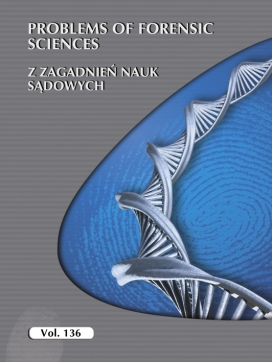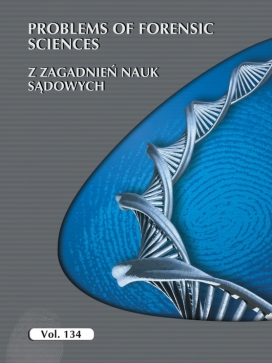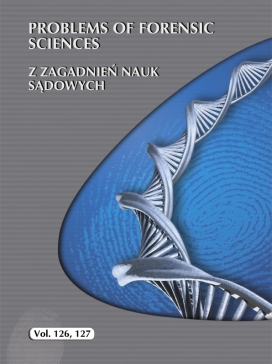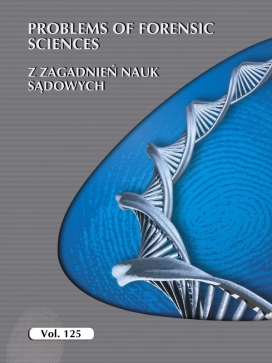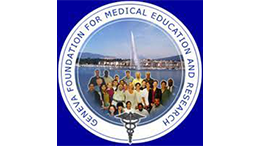Fingerprints are an important piece of evidence in crime investigation and play a key role in crime investigation due to their permanency, universality, uniqueness and of course availability. Utilization of water or any other liquids to destroy evidence by criminals is a very common practice. It becomes difficult to collect and analyse such evidence from underwater in terms of its forensic reproducibility, though not impossible. The methods employed are quite tedious, expensive and unreliable. There are many fingerprint powders accessible to the scientific examiners to recuperate and gather the unique fingerprint impressions submerged, the vast majority of them are for explicit materials like small particle reagent (SPR). The technique has been compromised by its downsides as it is highly toxic, very sensitive, low contrast and quite costly. An urgent and imperative need to foster an economical and effective, low cost fingerprint powder for underwater impressions by using the materials that are easily available. The present study was conducted to fulfil the same objective and proposes a modest unique fingerprint powder which provides great proficiency from a combination of surfactant sodium dodecyl sulphate (SDS) with chalk powder (yellow) and silver powder respectively.


